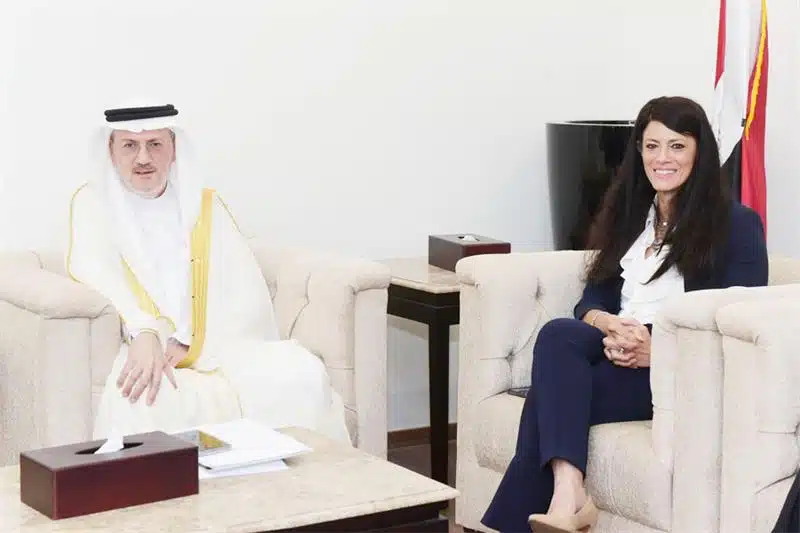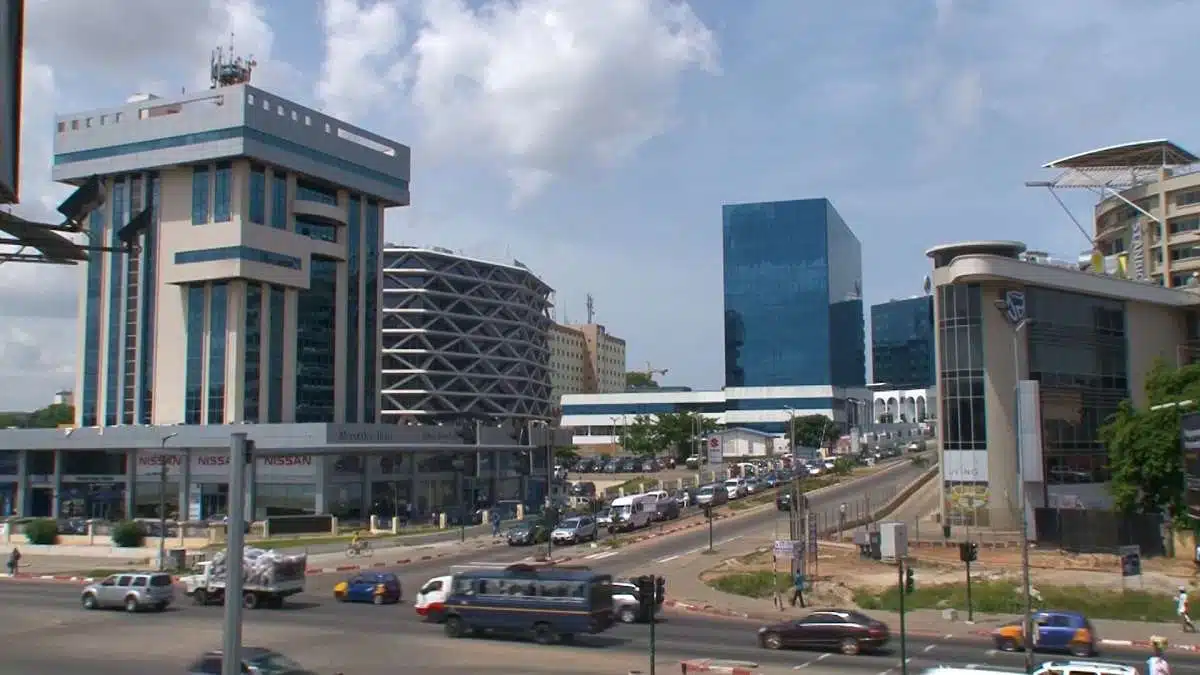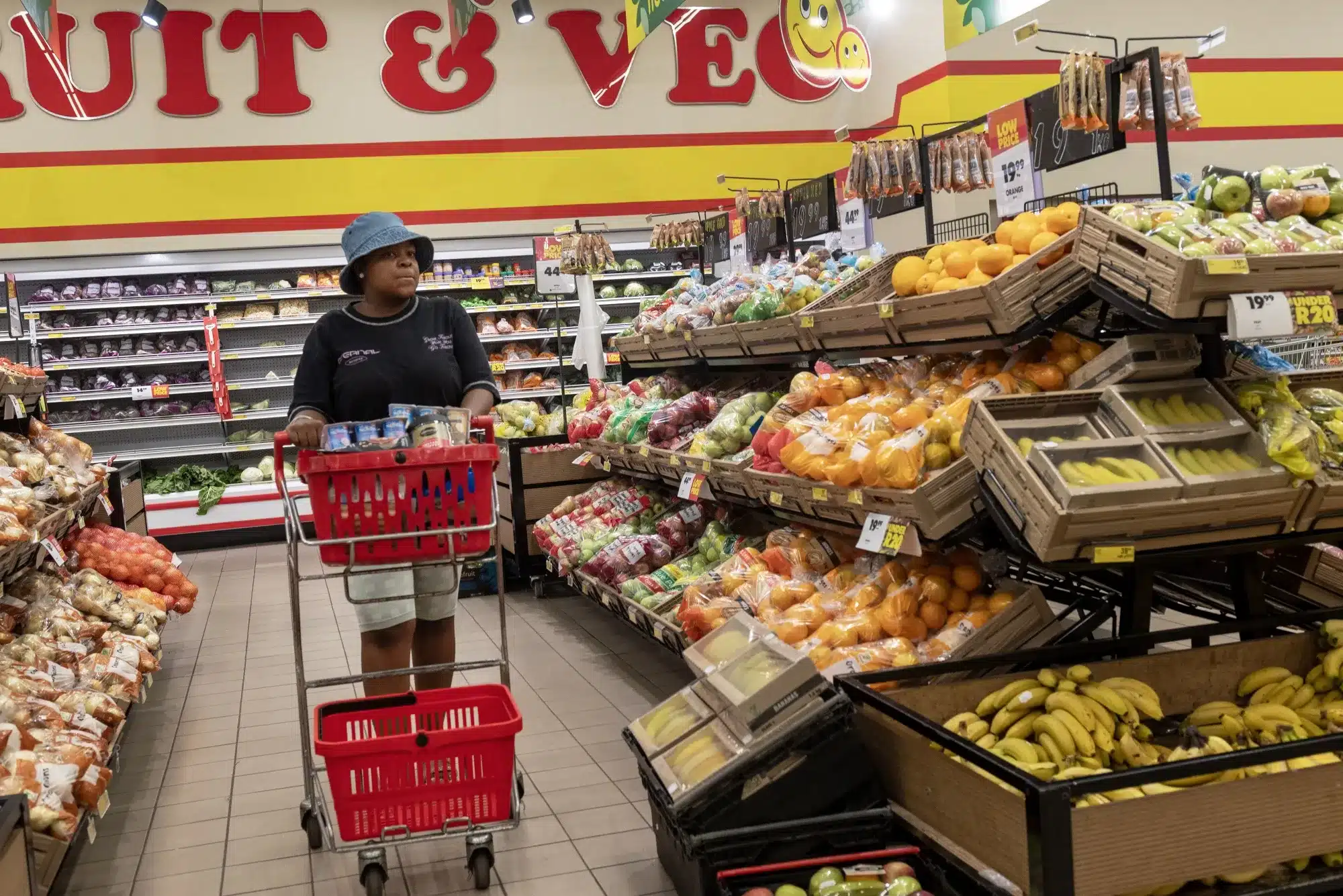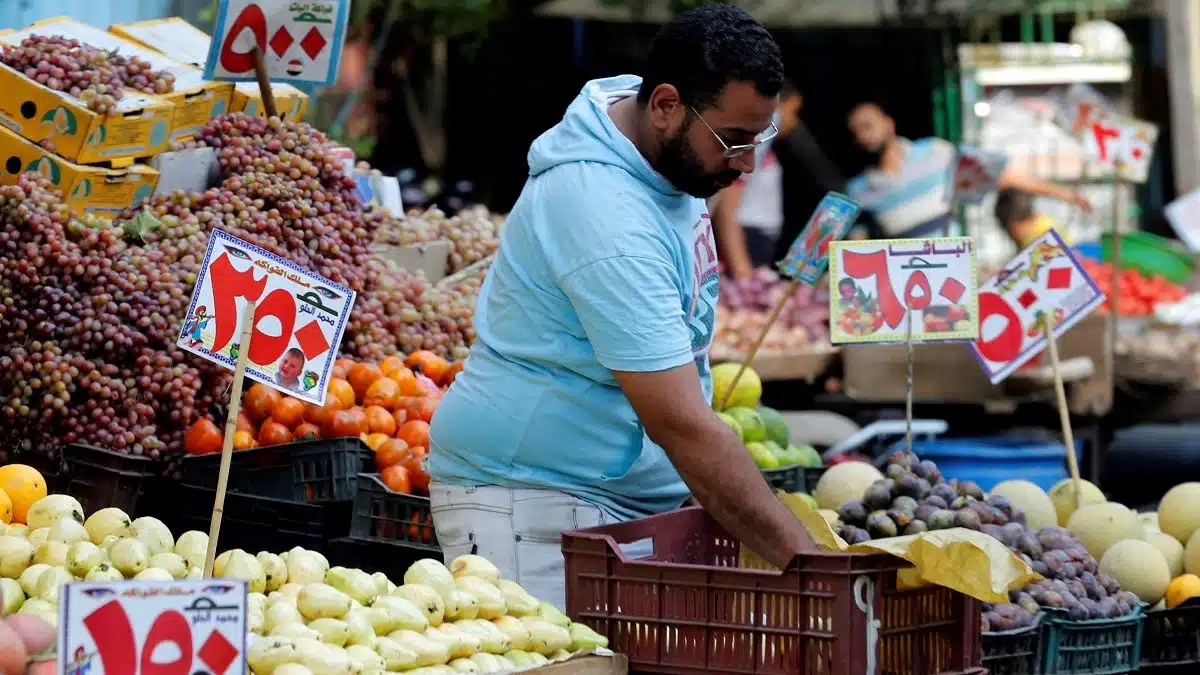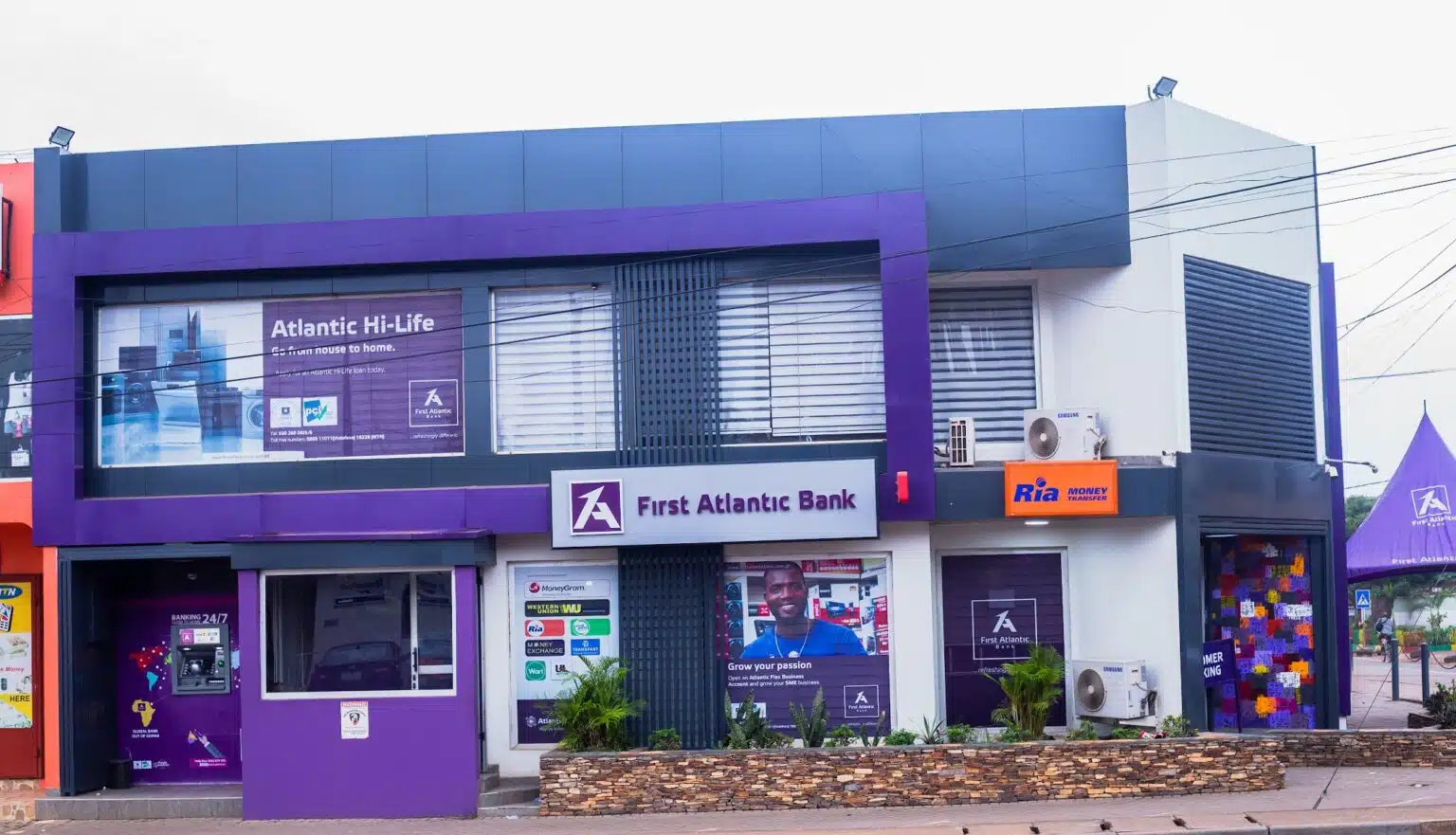Egypt has secured $1.8bn in financing from the International Islamic Trade Finance Corporation (ITFC) since the start of 2025, reinforcing its dependence on the multilateral lender to fund critical energy and food needs.
Details of the disbursement were revealed on Tuesday during a meeting in Cairo between Egypt’s Minister of Planning, Economic Development and International Cooperation, Rania Al-Mashat, and ITFC CEO Hani Sonbol.
The financing package includes $1 billion for the state-run Egyptian General Petroleum Corporation (EGPC) and $814.2 million for the General Authority for Supply Commodities (GASC), which handles the country’s essential food imports, including wheat and sugar.
The ITFC, an affiliate of the Islamic Development Bank, has become one of Egypt’s most reliable sources of trade finance. Since its inception in 2008, the lender has extended a total of $22.2bn to Egypt, making the country one of its top beneficiaries.
“The ITFC continues to be a vital partner in supporting Egypt’s trade and economic resilience,” Al-Mashat said.
“This year’s financing reflects the strength of our relationship and the alignment between national development goals and regional trade integration.”
Sonbol described the partnership with Egypt as “strategic” and expressed interest in expanding the scope of cooperation. “We look forward to scaling our joint efforts to create more inclusive and resilient trade ecosystems,” he said.
The two sides also discussed Egypt’s forthcoming National Narrative for Economic Development, a policy framework aimed at raising export volumes, attracting investment and strengthening industrial capacity.
Other areas of cooperation reviewed during the meeting included the second phase of the STEP 2 export development initiative, the Women in Trade programme under AFTIAS 2.0, and support for research centres and training institutions aimed at boosting innovation and competitiveness.
“This partnership is no longer just about financing—it’s about creating a development platform that supports Egypt’s long-term transformation and competitiveness,” Al-Mashat added.
Since March 2024, Egypt has launched extensive reforms backed by the International Monetary Fund aimed at accelerating its economic recovery.
Major policy changes include the liberalisation of the Egyptian pound, energy subsidy cuts, tax expansion and state asset privatisation.
Early signs suggest these measures are beginning to show results.
According to the World Bank’s latest Global Economic Prospects report, Egypt’s economy is projected to grow by 4.2% in fiscal year 2025/26 and 4.6% in 2026/27, supported by improving macroeconomic conditions.

